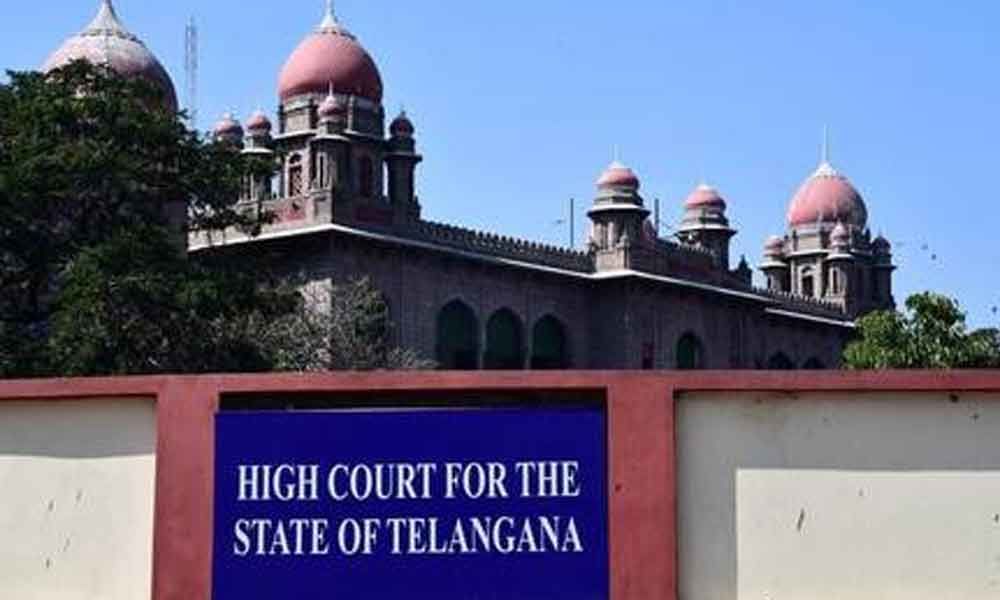Synopsis: A petition seeking to declare Section 376 and 376-A IPC, as unconstitutional, was recently, dismissed by the Telangana High Court.
The petitioner sought to declare Section 376 and Section 376A of IPC, 1860, as unconstitutional for being violative of Articles 14 and 21 of the Indian Constitution, since the laws do not impose the death penalty for the offense of rape against women under the age of 16, was been dismissed by the Telangana High Court.
The petitioner’s learned counsel submitted that the law contains a serious loophole, namely in Section 376 and 376A IPC. For, while dealing with a case of a woman under the age of sixteen who is a victim of rape, Section 376(3) IPC prescribes a sentence of imprisonment “with a period of not less than twenty years” and “which may extend to life imprisonment,” meaning imprisonment for the rest of the remaining life of that person. But the said provision does not prescribe the death penalty as one of the punishments. In addition, according to Section 376A IPC, if the victim dies or is confined to a permanent vegetative state, the clause prescribes the death penalty as one of the sentences that can be imposed on the accused perpetrator if found guilty by the learned Court of Justice.

He further proposed that Section 376A IPC deals solely with the circumstances protected by Section 376 IPC Sub-Section (1), and Sub-Section (2), which does not discuss the situations set out in Section 376 IPC Sub-Section (3). Such a case can not be brought within the scope of Section 376A IPC, in case a victim is under seventeen years of age, and the victim was to die or be in persistent vegetative state.
After listening to the arguments put forward, the Court observed that the PIL raised an academic issue regarding the loopholes left in the law and is not based on any factual matrix.
The Court pointed out that a Court of Law cannot and should not entertain academic issues. It indicated that the petitioner is free to raise the grievance either before the Central Government, or either by the Parliament. However, the judicial forum is not a place to raise an academic issue in relation to any alleged weakness in law.
While recalling that the petitioner did not pose the supposed flaw in the legislation to the Central Law Ministry, the Court held that the adoption of a statute was a constitutional decision. If Parliament was of the opinion, in its wisdom, that various sets of provisions need to be enacted to deal with different sets of circumstances, this Court is not empowered to direct Parliament to amend the law.
The Court held that the petitioner’s claim was higherly misguided with respect to the constitutionality of the sections. It specified that if a woman under the age of seventeen who may be subjected to rape and died during rape or due to rape, the accused will be punished with offences under Section 376 IPC as well as Section 302 IPC.
Therefore, the Court found the stance held by the plaintiff as untenable, and rejected the petition arguing that it has no merit.
The order has been issued by a bench comprising of Chief Justice Raghvendra Singh Chauhan and Justice B. Vijaysen Reddy on 10th August.

